I have great hopes that we shall love each other all our lives as much as if we had never married at all
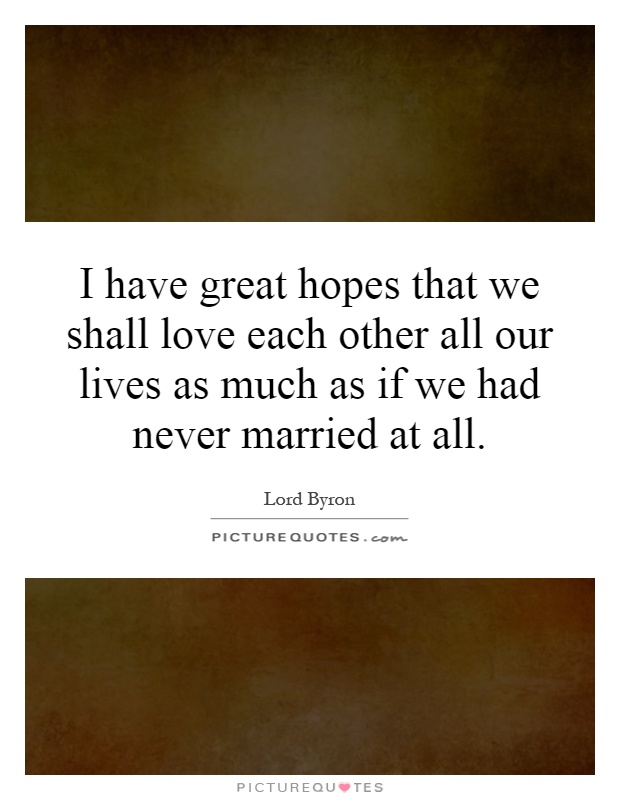
I have great hopes that we shall love each other all our lives as much as if we had never married at all
Lord Byron, the renowned poet and romantic figure of the 19th century, was known for his tumultuous love affairs and passionate relationships. His words often reflected the complexities of love, desire, and longing. The quote, “I have great hopes that we shall love each other all our lives as much as if we had never married at all,” encapsulates the essence of Byron’s romantic ideals and his belief in the enduring power of love.Byron’s own personal life was marked by scandal and controversy, with numerous affairs and failed relationships. His marriage to Anne Isabella Milbanke, also known as Lady Byron, was no exception. The union was fraught with difficulties and ultimately ended in separation. Despite the tumultuous nature of their marriage, Byron’s words suggest a sense of optimism and hope for a lasting love that transcends the constraints of marriage.
In the context of Byron’s life and works, this quote can be seen as a reflection of his belief in the transformative power of love. He believed that true love could overcome any obstacles and endure through the trials and tribulations of life. For Byron, love was a force that could transcend societal norms and expectations, allowing two individuals to connect on a deeper, more profound level.
The quote also speaks to Byron’s belief in the purity of love untainted by the constraints of marriage. He saw marriage as a societal institution that often stifled the true essence of love, imposing rules and expectations that could hinder the natural flow of emotions. By expressing his hope that love could flourish outside the confines of marriage, Byron challenges conventional notions of relationships and invites his readers to consider the true nature of love.
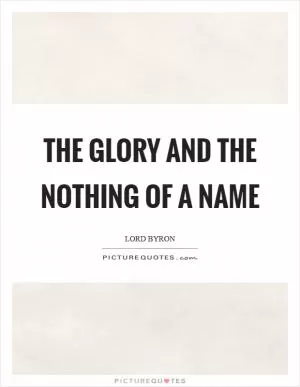
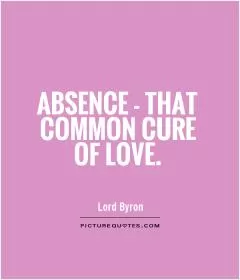
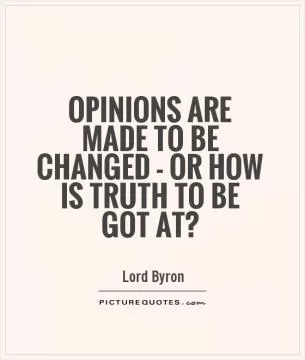
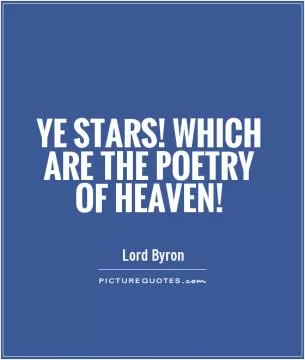
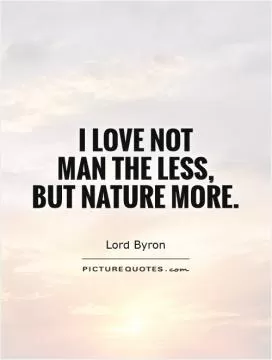
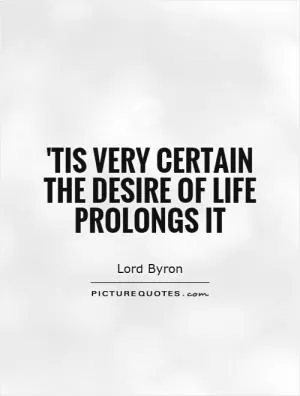
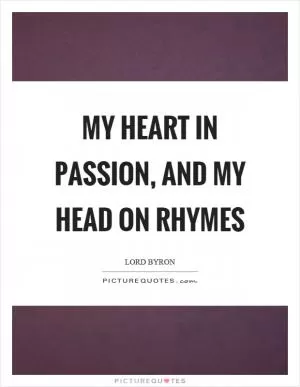
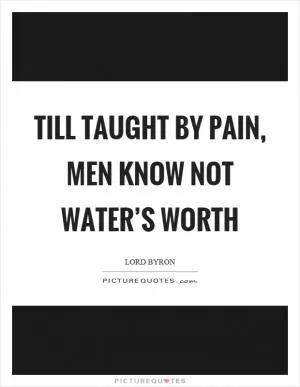
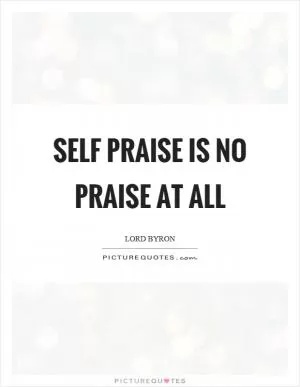
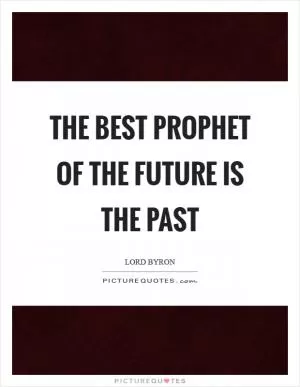
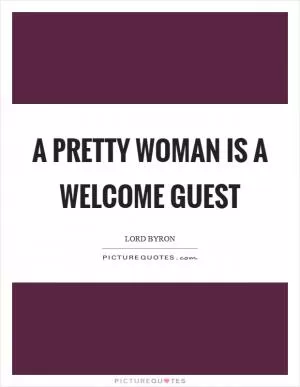
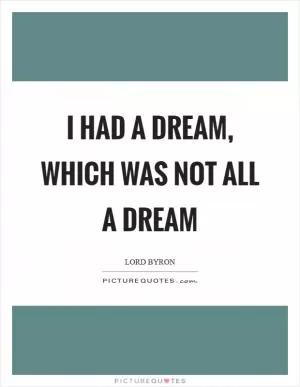
 Friendship Quotes
Friendship Quotes Love Quotes
Love Quotes Life Quotes
Life Quotes Funny Quotes
Funny Quotes Motivational Quotes
Motivational Quotes Inspirational Quotes
Inspirational Quotes